Unless designated as 'Associated' or otherwise clarified, all
statisticians in this list should be regarded, in my
current opinion, as mainstream eugenicists. Please make
comments or suggest possible amendments. I include interdisciplinary Eugenicists with professional
expertise in Statistics, and several pre-Galtonian scientists who whose
contributions might in retrospect be regarded as encouraging eugenics.
.
Leonard Darwin, son of Charles Darwin
Mentored Ronald Fisher in Darwinism, Eugenics and Statistics
Encouraged Galton
George Darwin (Associated)
Another relative of the great Charles Darwin
Alfred Binet
Taught for Eugenics Society
President of Royal Statistical Society 1924-26*
Yule, like
MacBride, had been Lidbetter’s teacher at the Eugenics Society’s course before the
war. Karl Pearson, when his opinion was asked, suggested his coefficient of
contingency could be used to correlate measured characters and environment. (Pauline M's book, p 96)
authenticates with literature)
Influenced Edinburgh Eugenicist George Combe. Believed that the average
is beautiful--created discrimination e.g. against disabled people. Helped found Royal
Florence Nightingale (slightly affiliated, as a disciple of Quetelet)
First woman fellow of Royal Statistical Society (1858) ,
Truly great God-fearing applied statistician. Studied and adhered to the
Statistics and Social Ideologies of Quetelet. Rubbed shoulders with Galton and
Pearson. e.g. concerning the endowment of the first ever Chair of Statistics.
Much praised by Karl Pearson, who was appointed to the Chair of Eugenics
as head of the new Department of Applied Statistics in 1911, shortly after her
death .His Chair was endowed by a bequest from Francis Galton. Ronald
Fisher, Lionel Penrose, and Harry Hill were subsequent incumbents, and all
were tainted with eugenics,, Penrose changed the name of the Chair to
the Chair of Human Genetics in 1963, after occupying it for 18 years, and
publishing more editions of The Biology of Mental Defect. He retired two years
later to Harperbury Hospital in Hertfordshire, where he created the Kennedy-Galton
Centre and practised psychiatry on his patients until about 1970. Maybe the
spectre of Quetelet was guiding him.
QUOTE: & when Florence Nightingale was in her early thirties, she was
sketching out her religious ideas which were later privately printed as
Suggestions for Thought. She interwove with her theology ideas taken
from the Belgian statistician Adolphe Quetelet on probability and social
behaviour. Florence Nightingale believed that the patterns of behaviour
identified by Quetelet were expressions of the "Laws of God," left by the
Creator in order to be discovered and acted upon. An understanding of
society through statistics was just the start. The challenge that fell to
Florence Nightingale was to use statistics to improve society.
(THE FLORENCE NIGHTINGALE MUSEUM TRUST)
Name stricken from his lecture theatre at UCL in 2020
Galton was financed by his family of darkside Quakers who were into slavery, gun-running, and
dubious banking,
QUOTE: Looking at founder of eugenics- a white supremacist off shoot of Quaker**** Francis Galton, who is now subject of a bid to remove his name from a laboratory and a university which previously idolised his fake science, it is possible to trace his hereditary lineage back to the “friendly” cult. Francis Galton, the racist, was the Grandson of Quaker gun maker Samuel Galton Junior, (there’s a bridge named after him in Smethwick). Yes that’s right- “a peace lover” who made weapons of war, just as Albright and Wilson were paid for making weapons of mass destruction in both world wars which killed and maimed.
Friend's House, London, Close to UCL campus,
THE FIRST INTERNATIONAL EUGENICS CONGRESS (Imperial Institute, South Kensington,
1912) was held in Galton's memory. It would having lasting horrific effects on the history of the
twentieth century.
“western civilization was in danger of collapse, since we were preserving the weak and ‘genetically undesirable’ and allowing them to breed at an alarming rate…Indeed the pauper pedigrees presented at the Congress…proved conclusively that the poor and the feebleminded were highly fecund and would one day inherit the earth unless wise men intervened with a programme of genetic measures” (Chitty, 2007, p. 38).
Imperial Institute, Imperial College Road
***************************************FG
Name stricken from his building at UCL in 2020
Like Galton and Fisher. racist, anti-Semitic, sexist, eugenic towards the poor,
vulnerable, and mentally disabled. Scott and I took them apart at UCL in July 2019
Several top statisticians hold different opinions, including Stephen Stigler,
a pro-Galton historian at the University of Chicago.
Second Chair of Eugenics at UCL
U.S. Eugenics Records Office
Helped edit Biometrika
JBS Haldane, Biochemist, Biostatistician
Population Geneticist. Contemporary of Fisher and Haldane
Discoverer of inbreeding coefficient and "F-Statistics"
Retired to University of Wisconsin-Madison
(shade of doubt, UCL archives need to be checked to confirm Egon's
type of involvement in Galton Lab)
"After joining the staff of K.P.'s laboratory" quote from McTutor
Frank Edgeworth RSS President 1912-1914*
William Beveridge
Highly Influential Eugenicist in
Welfare State,
Liberal Peer RSS President 1940-43*
Walter Raphael Weldon
Joint Founding Editor of Biometrika
Major Greenwood
Greenwood published 3 joint articles with the much
revered Frances Wood, who'd attended UCL courses in eugenics, but he
was much more of a eugenicist than Frances, owing to his activities in
the Eugenics Society. President of Royal Statistical Society 1934-36*
The much revered Frances Wood (Affiliated)
Sir William Palin Elderton (Associated). Leading Actuary
Sir William's highly destructive sister
Elderton produced many reports, the most controversial of which argued that predisposition to alcoholism was largely inherited. She wrote Primer of Statistics in 1909 with her brother William Palin Elderton, who had also worked for Pearson. She also wrote The Relative Strength of Nurture and Nature that same year.[1
Wilhelm Weinberg
In the German eugenics group with Rudin, Ploetz,
and Eugen Fischer
(Showed that Hardy-Weinberg equilibrium
would require drastic measures against population
to cause noticeable Eugenics.)
barbaric treatment of populations of East African Italian colonies,
supporter of Mussolini. According to Regazzini he wrote influential
manuscript for Gini on evolution of Italian race, De Finetti complained
that he did not receive enough credit, (He later attempted to rigorize the
'coherent Bayesian paradigm' via a curious thought experiment and
technically unsound mathematics, that has misguided 'coherent
Bayesians' ever since).
Irving Fisher, Economist, Statistician, Eugenicist
Carl Brigham Psychometrician
John Maynard Keynes,
Like Fisher, Keynes was a eugenicist at Cambridge
Charles Spearman, made famous
by Spearman's Rho
Worked closely with many eugenicists, though anti-Eugenicist
for most of his life.
Hogben in 1930–31, then, was critical of the eugenist programme, as exemplified by the
pauper pedigree project. He was sympathetic to the working class, and felt the need for
new, more positivistic methods in research in human genetics. He was not against
eugenics itself, as he was careful to say. But he felt that the existing methods of human
genetics were simply unable to cope with the complexities of human biology and society;
the gap between them had been stopped with middle-class propaganda. It was not until
the middle of 1931 that both his working-class sympathies and the methodology of
human genetics really came into bloom.
The year 1931 saw the Second International Congress on the History of Science,
which met in London; the Soviet delegation which unexpectedly turned up at this
Congress brought to Britain the startling new ideas of Marxist philosophy of science.
Hogben and the biochemist Joseph Needham participated in the session on ‘Historical
and contemporary interrelationships of the physical and biological sciences’.46 During
this meeting, both Hogben and Needham and other left-wing British scientists were able
to meet with the Russians personally, and to discuss both science and Marxism with
them. N.I.Bukharin, the most senior member of the delegation, visited Hogben at home.
The meeting made a deep impression. Before this time the British group were
politically left-wing, but not very aware of Marxism. After the meeting, and there is a
great deal of evidence for this, Marxism came sharply into focus as a possible philosophy
of science in Britain. Its influence can still be felt in the writing of later generations of
British historians working on the social relations of science.
(BOOK BY PAULINE M, p114)
. Finney wrote 3 articles on the detection of genetic linkages with
dominant abnormalities, following Fisher. See reference by
Finney was a long time member of Eugenics Society, while organising
national drug safety protocol. President of RSS 1973-74*.
Mentioned in Joan Box-Fisher's Book. Much feted as a statistician.
Frank Yates, along with sundry animal genetics was a member of Eugenics Society.
President RSS 1967-8*
https://www.ncbi.nlm.nih.gov/pmc/articles/PMC2973698/pdf/eugenrev00039-0001a.pdf?fbclid=IwAR0XMTXhxavwnj0YlvoPvtyPVjGQ5MlwempZOwXA9LxJlVqMbV5kvnvWvGw
Yates was a fellow of the Eugenics Society as recorded in 1957 Eugenics Review. He was also a colleague of Ronald Fisher at Rothamsted
Sir Godfrey Thomson
I Q Testing in Scotland, and world-wide, Eleven Plus
Key individuals who worked for the Godfrey Thomson Unit for Educational Research include:
Worked for Beveridge and Hogben
On Eugenics Committee of 3 investigating Lothian Cohort Studies . Fellow of Eugenics Society (Eugenics Review, 1957)
Sir Cyril Burt
IQ Testing e.g. 'Mentally Defective', Eleven Plus
Erik Essen-Moller, Founding father of psychiatric genetics
during Nazi Era
Collaborator with German eugenicist Ernst Rudin
Inventor of Essen-Moller formula that distorts Bayes Theorem by the introduction of a
r
random man, and still distorts parentage testing and investigations of criminal guilt in
cases involving blood group typing or DNA evidence.
Hans Eysenck
Psychologist
Statistician, Economist, Eugenicist
Lionel Penrose ( Controversial)
My opinion: Effectively Eugenic Psychiatrist e.g. at Harperbury Hospital, in his
methods of diagnosis of schizophrenic patients using IQ tests, and in his
book 'The Biology of Mental Defect' which I quoted to the UCL Commission.,
Geneticist and Statistician (applied and modified Fisher's techniques with
C.A.B. Smith). Claimed to be anti-eugenics but still practised it towards
schizophrenic patients. UCL Commission was said by some distinguished
academics to have been too tough on him. I don't think so.
From page 143 of Pauline M's book:
The thirties was a decade of large-scale official reports on the subject of feeblemindedness. It began with the Wood Report of 1929, on the incidence of mental
deficiency in the population, which was followed by the Brock Report of 1934 on
sterilisation, and the Colchester Survey of 1938, Lionel S.Penrose’s study of the genetics
of feeble-mindedness. One further report that can be considered as belonging to this
series on mental deficiency was to follow in 1957. It was that of the Royal Commission
on the Law relating to Mental Illness and Mental Deficiency, whose chairman was Lord
Percy.
SEE ALSO FOOTNOTE A
Eugenic towards Downs patients
Cedric A.B. Smith (Galton Laboratory, Associated)
Very harmful psychologist
Derrick Lawley (Associated, worked on IQs with Godfrey Thomson at Moray House)
A.E. Maxwell (Associated)
Possible a nom de plume for James or Sheena Maxwell
Great Statistician
Collaborated with Karl Pearson and
Lionel Penrose
President RSS 1947-9*
Registrar General. President of
RSS 1916-18*
A.W.F Edwards (Affiliated)
Gonville and Keyes (Cambridge)
Strident Disciple and Defender of R.A. Fisher
e.g. at UCL Eugenics Inquiry
(LeWontin's Fallacy, 2003)
Steve Stigler (Historian) University of Chicago is
still a strident defender of Francis Galton
(e.g. personal communication)
FOOTNOTE A
From my verbal testimony to the 2019 UCL Eugenics Inquiry
During the 1930s, the highly eminent psychiatrist Lionel Penrose developed non-verbal intelligence tests while attempting to investigate mental defect and its possible genetic causes. In 1945, Penrose was to become the third Galton Professor of Eugenics at UCL,, following which he worked closely with the 1600 or so patients in Harperbury Hospital in London's so called lunatic fringe while strongly influenced by his biological model for mental deficiency.
Many anti-psychotic drugs were introduced around the world during the 1950s, starting with the debilitating and much dreaded chlorpromazine, more commonly known nowadays as Largactil.
By this time Penrose was regarded as a leading expert in schizophrenia and other defect disorders, and the new anti-psychotics were used to treat and mistreat these disorders [ Note added later: Maybe I am alone in asserting that, despite the ways he has been publicly described, Penrose was a medical eugenicist, strongly influenced, and mislead in terms of bad statistics, by Galton, Fisher, and Penrose, whose work turned out to be highly damaging to vast swathes of our vulnerable populations]
I therefore find it very disconcerting that in papers describing the screening of psychotic behaviour by non-verbal intelligence tests, Lionel Penrose used a simplistic modification of Fisher's discriminant analysis together with bivariate NORMAL assumptions to supposedly objectify their highly subjective conclusions.
In his highly influential 1949 book the Biology of Mental Defect, the fourth edition of which was published in 1972, Penrose followed Galton and Pearson by including as mentally defective people situated in the tail of a normal curve supposedly representing the distribution of general intelligence in the population. I find this procedure to be both ad hoc and discriminatory e.g. towards children with special abilities.
In his 1975 book Prenatal Diagnosis and Selective Abortion, the Fourth Galton Professor Harry Harris advocated the abortion of foetuses when the baby is predicted, via genetic markers, to be mental defective, (e.g. suffering from Down's syndrome). So that sort of eugenics was still going on, amidst all the gloss, while I was at UCL.



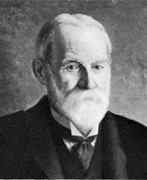



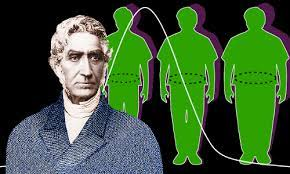






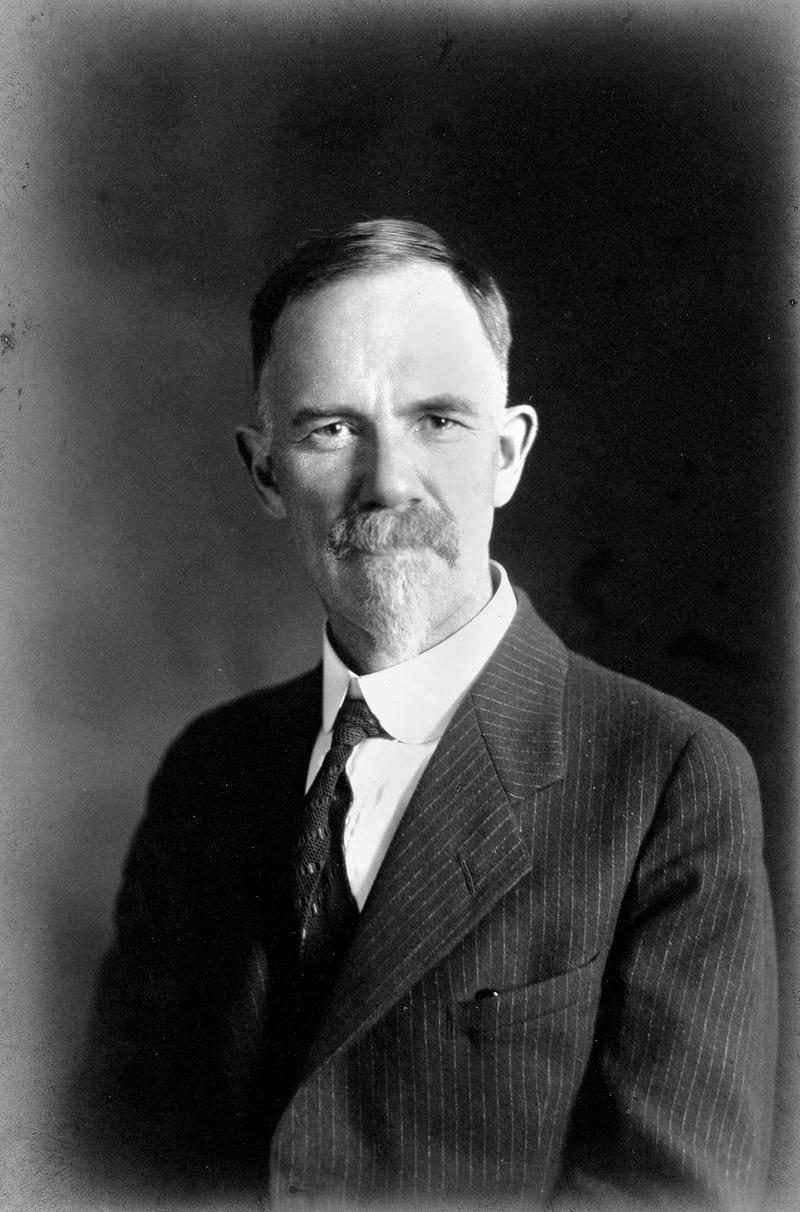







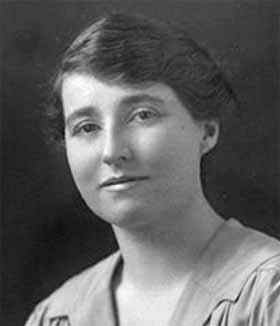










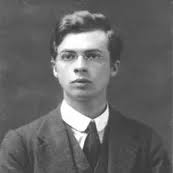
















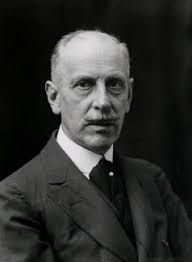


No comments:
Post a Comment